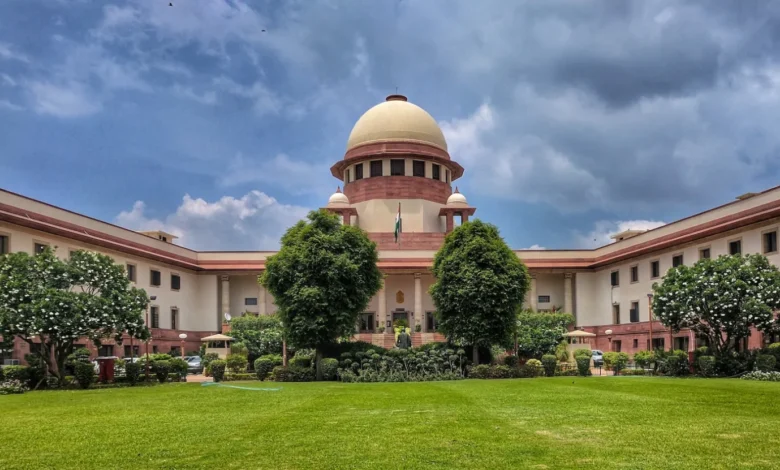“Mob Cannot Decide Morality”: Supreme Court Backs Free Speech in Arts and Literature

📍New Delhi | IP News
In a strong defense of creative freedom, the Supreme Court of India on Wednesday observed that “the mob cannot be the guardian of morality”, while hearing a batch of petitions related to censorship, threats, and targeted violence against filmmakers, writers, and theatre artists.
The bench, led by Justice Sanjay Kishan Kaul, emphasised the state’s responsibility to protect freedom of speech and expression, particularly in the domains of literature, cinema, and theatre—where social commentary often invites controversy.
“The state cannot outsource its law and order duties to mobs… Artistic expression cannot be stifled by fear,” Justice Kaul said during the hearing.
Background of the Case
The court was addressing pleas filed by creative professionals who have faced threats, disruptions, or censorship over content alleged to hurt sentiments or religious beliefs. Petitioners highlighted that even after obtaining certification from the Central Board of Film Certification (CBFC) or approval from relevant cultural bodies, they were being intimidated or attacked by fringe groups.
Key Observations by the Court:
-
Freedom of expression is a constitutional right, and dissent or discomfort with art does not justify violence.
-
The state must ensure law and order so creators can exercise their rights fearlessly.
-
Mob threats are unconstitutional, and criminal complaints cannot be a tool to harass creators.
-
Governments should issue guidelines to protect artists and institutions.
The bench also hinted that it may issue a structured framework to balance freedom and accountability, ensuring that artists are not forced into self-censorship out of fear.
Broader Implications
This comes at a time when multiple states have seen protests or bans over book launches, OTT content, and plays. The Court’s stance is expected to empower independent voices and cultural dissent, and reasserts India’s commitment to constitutional morality over majoritarian sentiments.




